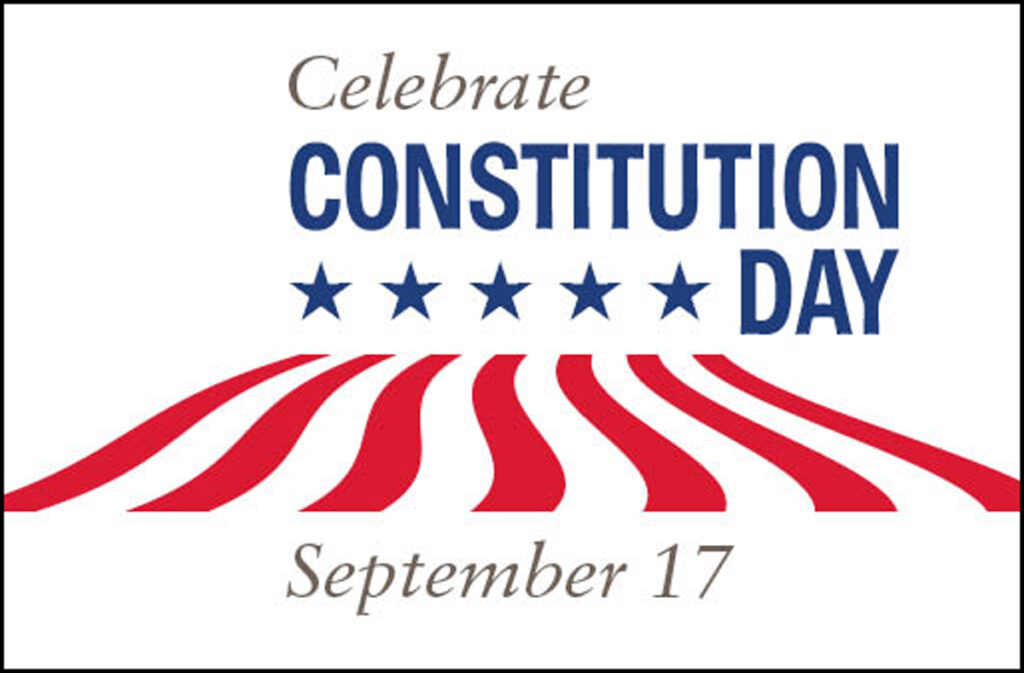
[The Philadelphia Inquirer] As Constitution Day draws near, it’s worth remembering not only our founding charter, but also an often-overlooked source of its ideas.
The Bible.
Yes, the United States was founded during an age of Enlightenment when rationalism was, for some elites, in the ascendency and revelation was relegated to the sidelines. And yes, the founders drew inspiration from multiple sources, including British constitutionalism, Enlightenment liberalism, and classical and civic republicanism.
Yet, the Bible remained the most accessible and authoritative text in 18th-century America, and no work was referenced more frequently than the Bible in the political deliberations that led to independence and produced new national and state governments.
If we miss or dismiss the Bible’s contributions to the American constitutional tradition, we distort our understanding of the nation’s bold experiment in republican self-government and liberty under law.
Not all founders revered the Bible as divine revelation, but even the skeptics among them considered it useful in framing new constitutional republicans. Notwithstanding their diverse backgrounds and personal religious beliefs, the founders valued the Bible for its insights into human nature, civic virtue, social order, political authority, the rights and duties of citizens, and other concepts essential to framing a new political society.
There was, in particular, a consensus that the Bible was essential for nurturing the civic virtues that give citizens the capacity for self-government in a republic. For this reason, both John Adams and John Dickinson called the Bible “the most republican book in the world.”
Some founders also saw in Scripture political and legal models they believed enjoyed divine favor and were worthy of emulation.
The U.S. Constitution reflects a political vision informed, in part, by the Bible and contains features familiar to a Bible-reading people. Although it is difficult to establish definitively that constitutional provisions were derived from specific biblical passages, the lineage of selected constitutional principles can be traced back to biblical concepts that had previously found expression in western legal tradition, especially in the English common law, as well as in colonial laws and customs.
The Constitution’s basic design, defined by the separation of powers and checks and balances, reflected an awareness of original sin and the necessity to guard against the concentration or abuse of government powers vested in fallen human actors. This biblical anthropology was expressed in the Constitutional Convention, when James Madison said, “The truth was that all men having power ought to be distrusted to a certain degree.”
To continue reading, click here.
[Editor’s Note: This article was written by Daniel Dreisbach and was first published at the Philadelphia Inquirer]











